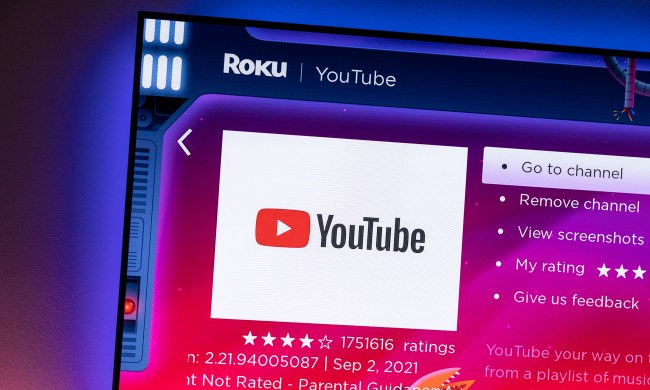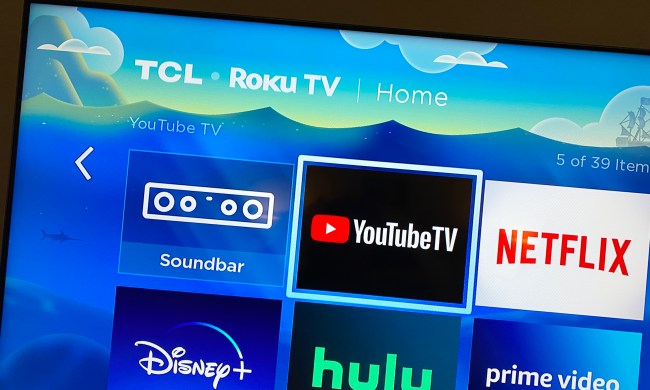
If television wasn’t feeling threatened by Internet video, it should be quaking in its boots now. New figures released from media metrics firm Comscore indicate that 178 million Americans watched online video content during June 2011, with a per-user average of 16.8 *hours* of Internet video watching per viewer during the month. In total, Americans tuned in to more than 6.2 billion videos during the month—that’s an all-time record, and the first time the monthly total has cracked 6 billion.
The figures fallow a similar pattern to what Comscore found for May 2011, just with larger numbers. Google’s YouTube is still the kind of online video sites, with almost 150 million unique viewers and over 2.3 billion viewing sessions for the month. Coming in a distance second was Vevo, with 63 million unique viewers and almost 400 million viewing sessions for the month. Yahoo, Microsoft, Viacom, Facebook, and AOL landed the third through seventh positions with a tight set of numbers: Yahoo sites got third place with 52.7 million viewers and almost a quarter million sessions, while AOL was in seventh with almost 44 million unique viewers and over a quarter million viewing sessions.
Hulu was in a distant ninth place with only 26.7 million unique viewers and some 157 million sessions, but it was second only to YouTube in one key metric: minutes per viewer. Google sites manages 324.1 minutes per viewer (that’s almost five and a half hours of videos per viewer) while Hulu say 184.8 minutes per viewer (just over three hours per viewer). Vevo same in third, with 112 minutes per viewer.
Hulu also came out on top in another key metric: ad impressions. Hulu along generated more than 1 billion ad impressions or the month, with average of 38.8 ads per viewer.
Overall, Comscore estimates that video ads—stuff included in streams but not overlays, branded players, or ads alongside a player—reached nearly half (49.2 percent) of the total U.S. population during the month.
Comscore’s figures also omit commercial video streaming services like Netflix…so, for many U.S. Internet users, the total number of video streams—and time spent watching them—would be even higher.


